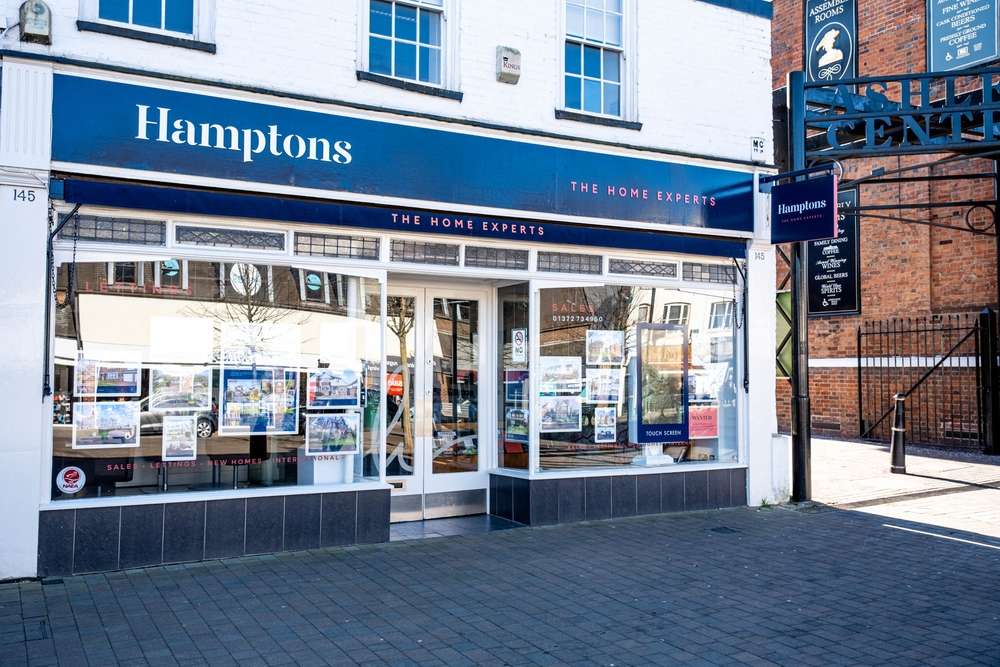A second lender in under a week has entered the no-deposit mortgage market, with Gable Mortgages launching a 100% home loan targeted at first-time buyers and renters struggling to save.
The move follows a similar announcement by April Mortgages and marks a notable return of high loan-to-value products that have been largely absent since the 2008 financial crisis.
Founded in 2024, Gable Mortgages is a relatively new entrant to the market and says its products are designed specifically for the “generation rent” — those who can afford monthly payments but are unable to save for a deposit. The firm’s standard mortgage offering allows borrowing up to 4.49 times salary, rising to 5.5 times salary for key workers in eligible professions. That means someone earning £40,000 a year could potentially buy a home worth up to £220,000 without any savings, if they qualify for the enhanced lending.
The mortgage is available to applicants aged 23 and over who want to borrow at least £125,000. All applications must be made through a mortgage broker. Unlike April Mortgages, which requires borrowers to fix for 10 or 15 years, Gable is offering a five-year fixed-rate mortgage, with an interest rate of 5.95% on standard properties and 5.65% on new-builds purchased through its network of partner developers.
However, the product comes with significantly higher fees than most standard mortgages. Arrangement fees are tiered based on the value of the property, starting at £2,095 for homes worth between £125,000 and £200,000, and rising to £9,995 for properties priced between £800,000 and £1 million. For those purchasing new-build homes through Gable’s partner developers, these fees are covered by the developer.
Legal fees are also above industry averages. Borrowers using Gable’s in-house solicitor will pay between £2,395 and £2,995 to cover both their own conveyancing and the lender’s legal costs. Those opting to use an external solicitor must pay £1,495 to Gable on top of their own solicitor’s fee — a notable contrast with other lenders, some of which offer fee-free legal deals.
Gable says its mortgage is a lifeline for renters paying high monthly costs that often exceed what a mortgage would cost on a comparable property. According to the lender, the key difference is that renters are being penalised for an inability to save, not for their ability to repay.
Chief executive Justin Le Roux said: “There is a whole generation of renters out there who are struggling to save to buy and pay their rent at the same time. This has made it significantly harder for first-time buyers, especially key workers, to get onto the property ladder. We believe in changing this by offering a solution where the buyer can get a quick decision based on affordability and not — like so many other products on the market — based on what they have managed to save up or borrow from the bank of mum and dad.”
The return of 100% mortgages has reignited debate in the property industry. Supporters argue that, when regulated correctly, they can help people escape the rent trap and move into homeownership. Critics, however, point to the risks of negative equity, particularly if house prices fall — a scenario that trapped many homeowners during the financial crisis.
Mortgage broker Kylie-Ann Martin of KAG Financial believes that there is a place for 100% mortgages in today’s market. “We speak to many people paying huge amounts of rent who would see a considerable reduction in costs when comparing this to a mortgage. For some, it’s fantastic that more lenders are offering them an opportunity to become homeowners.”
But others, such as Kundan Bhaduri, a property developer and landlord with The Kushman Group, remain cautious. “Gable and April Mortgages’ zero-deposit products bear striking resemblance to Northern Rock’s pre-2007 folly that culminated in Britain’s first bank run since 1866 and left millions in negative equity. The UK property market already suffers from endemic structural issues. Injecting more unqualified buyers will further inflate prices while creating a new cohort of vulnerable homeowners.”
Whether Gable’s bold entry into the 100% mortgage market will spark wider adoption among lenders remains to be seen. But with affordability barriers remaining high and demand for homeownership undiminished, the return of no-deposit lending is clearly back on the table — and likely to remain a subject of fierce debate.





